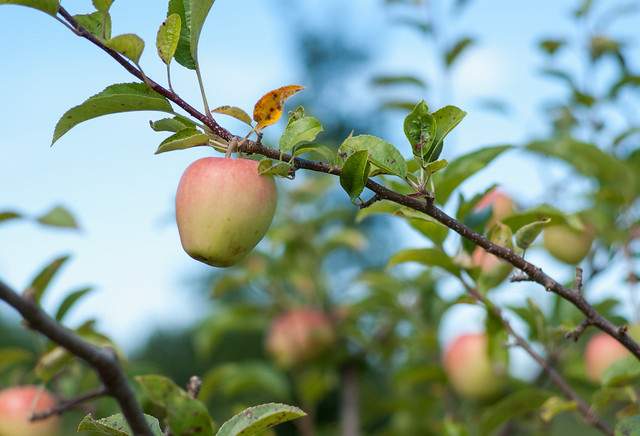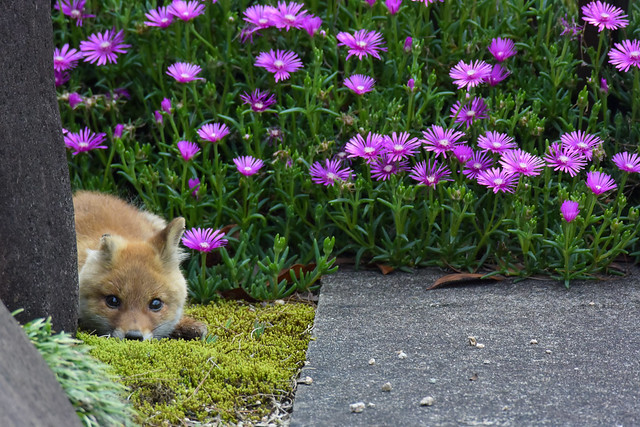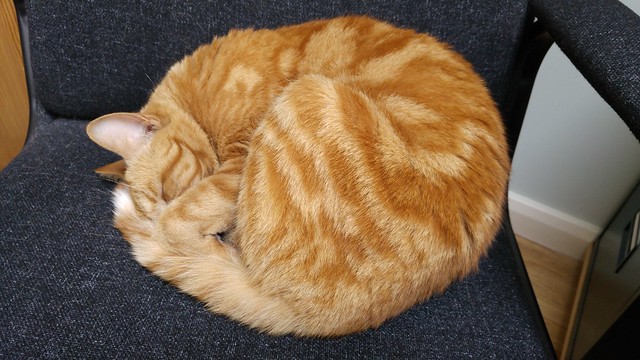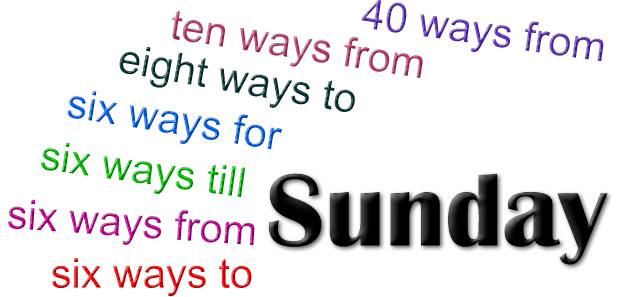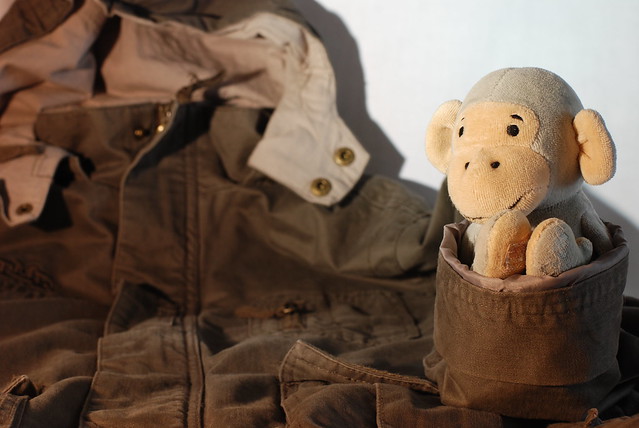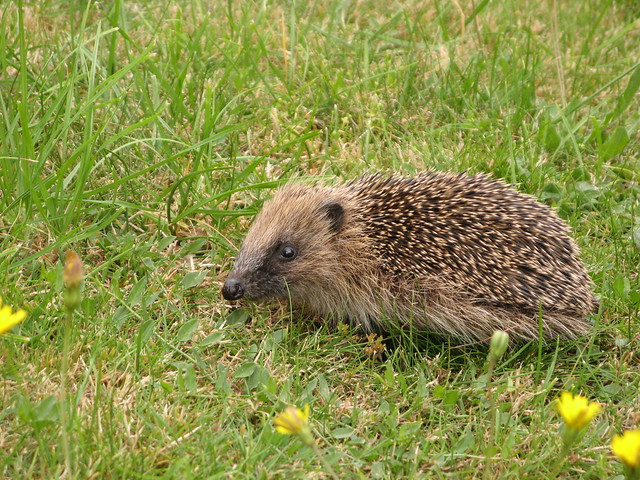This week my Danish lessons have been focusing on idioms, and an interesting idiom that came up is sluge en kamel, which literally means ‘to swallow a camel’, but what other meanings does it have? Let’s find out.
According to Wiktionary, this idioms means ‘to accept a change or amendment (to a proposal)’ or ‘to agree to something one would not have if one had fully understood the implications from the beginning’.
According to Den Danske Ordbog, it means ‘acceptere eller gå med til noget der egentlig strider imod ens idealer og ønsker’ (to accept or agree to something that actually goes against one’s ideals and desires), and another version of the idiom is sluge kamelen (to eat the camel).
According to SpeakAndLearn.dk, it means ‘to admit that you are wrong, even though you have clearly stated that you were absolutely sure, that you were right’.
So it seems it has a variety of meanings. Are there similar idioms involving camels in other languages?
In English, you might liken doing something unpleasant or undesirable to swallowing a frog – Mark Twain is sometimes quoted as having said or written “Eat a live frog first thing in the morning and nothing worse will happen to you the rest of the day.” There’s apparently no evidence that he did in fact say or write this. The idea of eating a frog in the morning possibly comes from Nicolas Chamfort, a French writer, who wrote in the 1790s:
… il faudrait avaler un crapaud tous les matins, pour ne trouver plus rien de dégoûtant le reste de la journée, … (it would be necessary to swallow a toad every morning so as not to find anything else disgusting during the rest of the day)
[source]
Other interesting Danish idioms involving animals include:
- klap lige hesten (‘just pat the horse’) = shut up, relax, take it easy
- det blæser en halv pelikan (‘it’s blowing half a pelican’) = it’s very windy and the weather is awful
- Jeg har ikke en rød reje (‘I don’t have a red shrimp’) = I’m skint, I have no money
- ingen ko på isen (‘no cow on the ice’) = everything is okay – whatever the problem is, it’s not a big deal so don’t worry about it
- så er den ged barberet (‘then the goat is shaved’) = the work has been done, or the problem has been resolved


